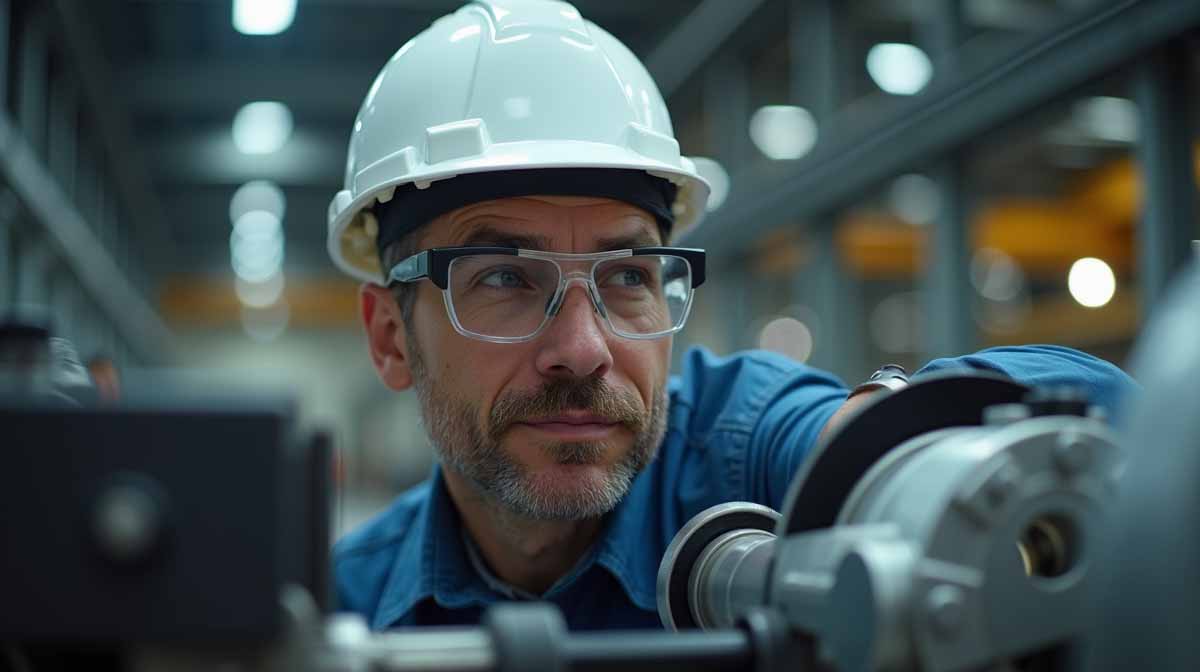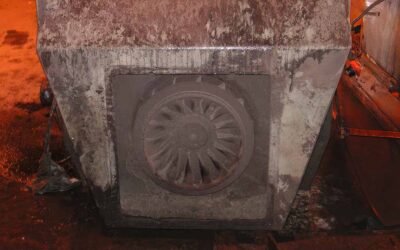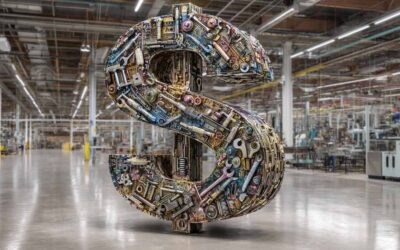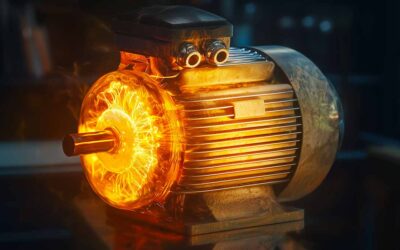Executing equipment maintenance is as much about behaviors as it is about skills. Think of a skill as knowledge about HOW to do something, while behavior is related more to understanding WHY—basically having an appreciation for the motivation. Behaviors are very much about mindset and culture. In the plant, we want to create a culture of defect avoidance through proactive and precision maintenance. Creating this culture requires a change in behaviors.
Below is my top-10 list of behaviors for precision-maintenance technicians. Instilling and nurturing these behaviors in precision-maintenance technicians will lead to proactive and precision equipment car cultures. The following list does not prioritize the attributes by importance.
Measure Twice and Cut Once
Many equipment failures are early-life or “infant mortality” failures. These events occur mainly due to a lack of precision in rebuilding and installing. The precision-maintenance technician ensures that all controllable quantitative and qualitative aspects of a job are executed correctly by checking and double-checking tolerances and compliance.
Use The Right Tool for The Right Job
The precision-minded technician understands that excellent work cannot be performed without the right tools. He or she clearly explains to the supervisor or supporting engineer what tools are required to do the job right and makes sure the job plan specifies those tools and that they’re available when the job commences.
Why-Why Mindset
Machines fail for a reason. The precision-maintenance technician understands the physics of failure and the forcing functions that compromise reliability. They constantly ask why a machine failed and whether it could have been prevented.
Likewise, they know which operating conditions induce failure and strive to understand why they’ve fallen out of control. This understanding restores control and eliminates the cause of the deviation. The precision-maintenance technician is always in root-cause-analysis (RCA) mode—every hour of every day.
Good Parts = Good Maintenance
The precision maintenance technician understands that we must use the right parts and materials in the right condition to ensure proactive control of machine reliability. They won’t compromise by installing the incorrect part or a part that’s been compromised during storage (shelf degradation).
Likewise, the precision maintenance technician makes sure other materials, such as lubricants, are of the right type and clean, dry, and in good condition before being added to the machine.
A Clean Machine Is a Happy Machine
The precision-maintenance technician is a stickler for cleanliness and order. The Toyota Production System (TPS), often called the 5S system, includes sorting, setting in order, shining, standardizing, and sustaining.
They understand that a clean machine is more accessible to inspect, allowing minor defects and conditional abnormalities to be detected and corrected to restore precision condition control. The precision-maintenance technician also realizes that cleanliness in the plant instills an important sense of pride in the workplace.
A Blood Cell-Sized Lube Film Separates Reliability from Failure
The precision-maintenance technician understands that a lubricant film of about five micrometers (or about the diameter of a red blood cell) is the difference between machine reliability and failure. They are diligent in ensuring the lubricant that provides the appropriately sized film is healthy, sufficient, and contamination-free.
The precision-maintenance technician is also rigorous in controlling vibration sources, including misalignment, unbalance, and looseness, that overwhelm the lubricant’s film strength and correct those issues before they cause harm.
I Know What’s In It For Me (WIFM)
The precision-maintenance technician realizes that in an equipment asset-dependent company, such as a manufacturing or process plant, the health of the machinery assets determines the company’s health.
They understand that if the assets perform well, their continued employment and professional growth prospects are substantial, which is good for the community. The precision-maintenance technician understands that a reliable plant is safer and more environmentally sustainable.
Big Problems from Little Problems
Big problems are the byproduct of little problems we didn’t address when we could and should have. The precision maintenance technician understands that ignoring a little problem today results in a big one tomorrow.
They have learned that machines don’t miraculously fix themselves. Thus, the precision-maintenance technician eagerly searches for opportunities to make minor adjustments and corrections to prevent issues from becoming big problems later.
The Devil Is In The Details
The precision-maintenance technician demands that preventive and corrective maintenance work instructions and job cards include fit, tolerance, quantity, and quality details necessary to complete the task correctly and precisely. They don’t depend upon memory or guesswork to execute the job, knowing that lack of (or ineffective) procedures is the leading root cause of machine failure.
Continuous Improvement Drives Excellence
Toyota calls it “kaizen.” In English, we refer to it as continuous improvement. The precision maintenance technician realizes that minor, incremental improvements add up and significantly impact the reliability of equipment assets in a plant. They strive to improve parts quality, work instructions, work execution, and work quality assurance every day with the knowledge that “we’ll do better” tomorrow and the day after, which, over time, equates to huge gains.
First published in The RAM Review











